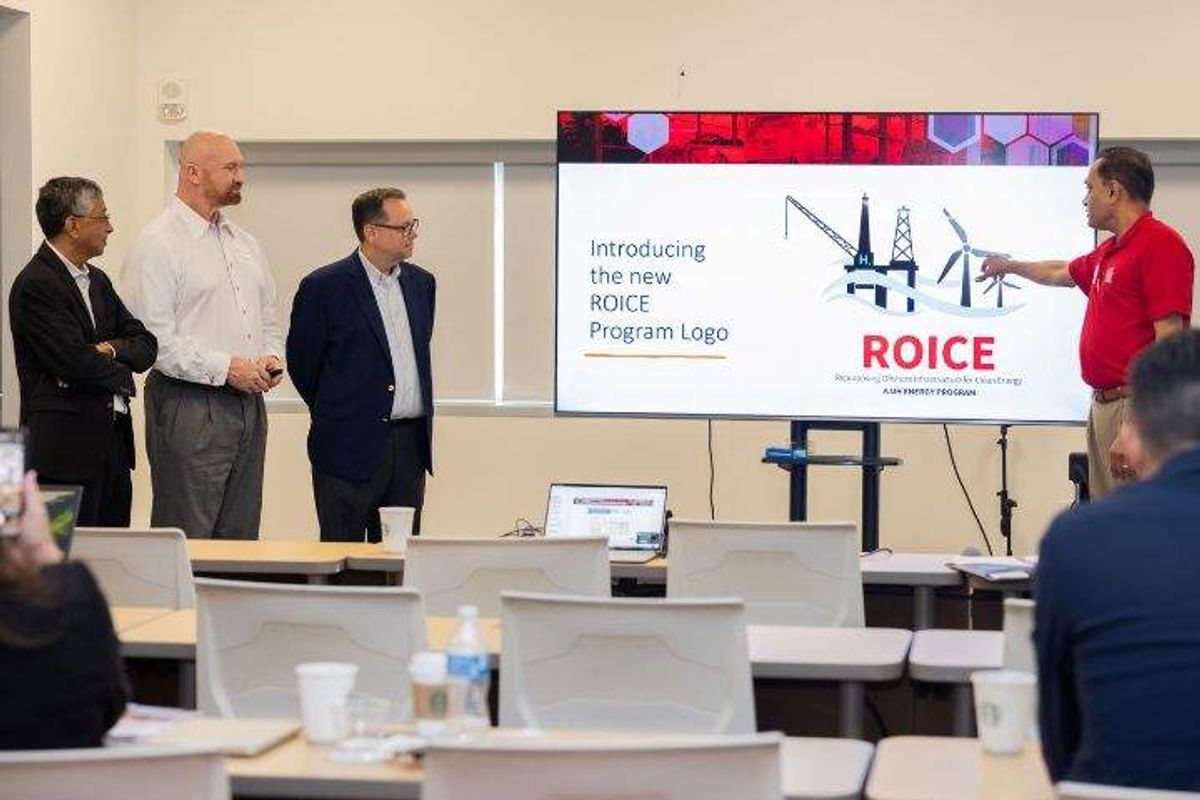4 Houston energy companies named best places to work by U.S. News
Where to Work
Nearly a dozen public and private Houston-based companies have been hailed among the best places to work in 2025 by U.S. News and World Report, with four from the energy sector.
The annual "U.S. News Best Companies to Work For" report examines thousands of publicly-traded companies around the world to determine the best employers based on six metrics including work-life balance and flexibility; quality of pay and benefits; job and company stability; career opportunities and professional development; and more. The companies were not ranked, but included based on reader surveys and publicly available data about each workplace.
New for the 2025-2026 ratings, U.S. News expanded its methodology to include privately owned companies and companies with internship opportunities for recent graduates and new, current, and prospective students. Companies were also grouped into job-specific and industry-specific lists, and the publication also added a new list highlighting "employers that are particularly friendly to employees who are also caregivers in their personal lives."
U.S. News included seven publicly-traded companies and four privately owned companies in Houston on the lists.
Houston-based energy companies on the list
It may not come as a surprise that oil and gas corporation Chevron landed at the top of the list of top public employers in the Energy Capital of the World. The energy giant currently employs more than 45,000 people, earns $193.47 billion in annual revenue, and has a market cap of $238.74 billion. The company earned high ratings by U.S. News for its job stability, "belongingness," and quality of pay.
Chevron also appeared in U.S. News' industry-specific "Best in Energy and Resources" list, the "Best Companies in the South" list, and the "Best for Internships" list.
Chevron is joined by three other Houston energy leaders:
- Calpine – Best in Energy and Resources; Best Companies (overall)
- ConocoPhillips – Best in Energy and Resources; Best Companies (overall); Best in Caregiving; Best Companies in the South
- Occidental – Best in Energy and Resources; Best Companies (overall); Best Companies in the South
Other top companies to work for in Houston are:
- American Bureau of Shipping (ABS) — Best in Engineering and Construction; Best Companies (overall)
- Hines – Best in Real Estate and Facilities Management; Best Companies (overall)
- Insperity, Kingwood – Best in Healthcare and Research; Best Companies (overall); Best in Caregiving; Best Companies in the South
- KBR – Best in Engineering and Construction; Best Companies (overall); Best Companies in the South
- Men's Warehouse – Best in Consumer Products; Best Companies (overall)
- PROS – Best in Information Technology; Best Companies (overall); Best Companies in the South
- Skyward Specialty Insurance – Best in Finance and Insurance; Best Companies (overall); Best Companies in the South
In all, 30 employers headquartered in the Lone Star State made it onto U.S. News' 2025-2026 "Best Places to Work For" lists. Houston and the Dallas-Fort Worth metro area tied for the most employers make the list, at 11 companies each. Diamondback Energy in Midland was the only company from West Texas to make it on the list for the second year in a row.
---
A version of this article originally appeared on CultureMap.com.





 UH announced the partnership last week. Photo via UH.edu
UH announced the partnership last week. Photo via UH.edu



